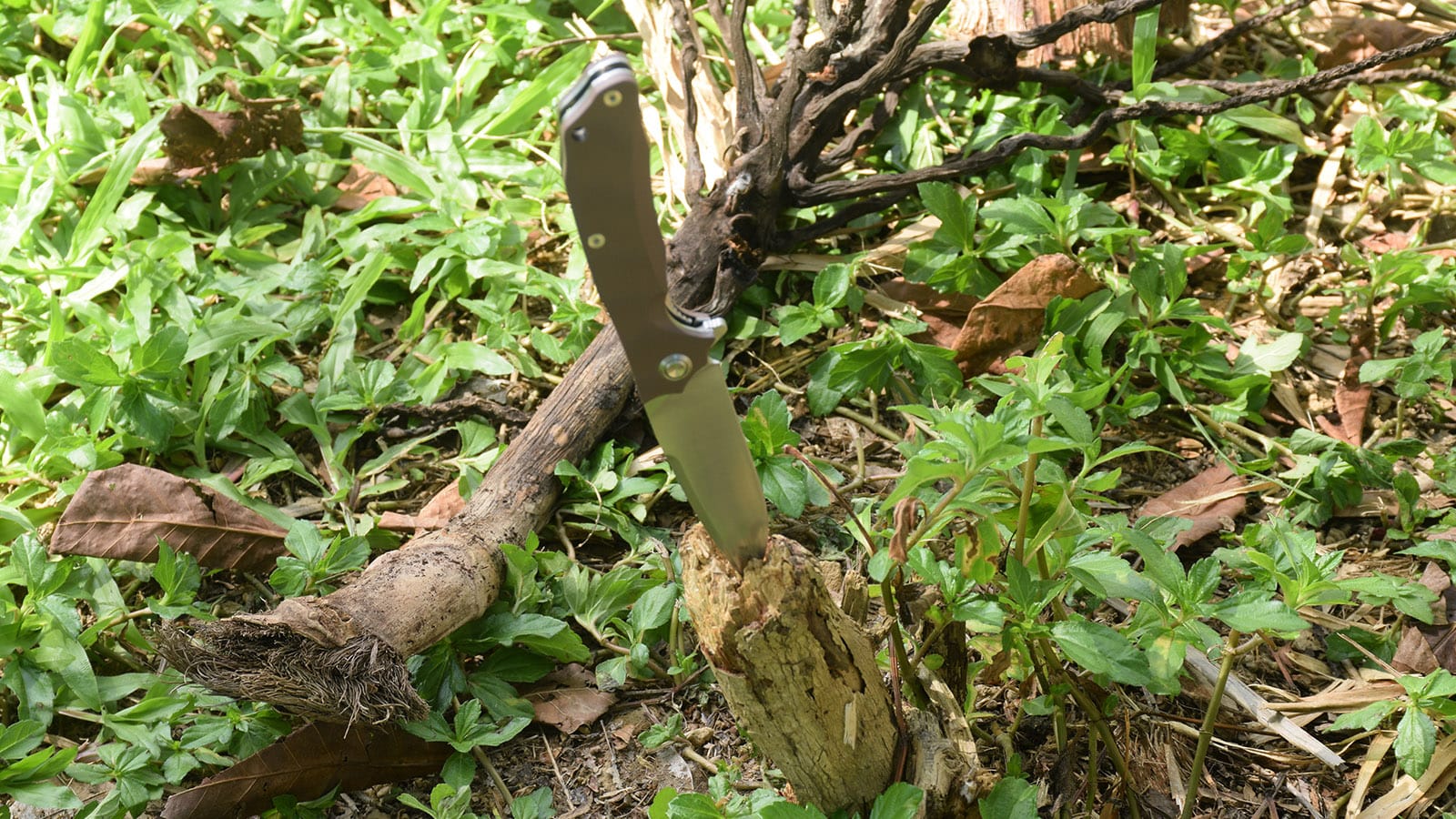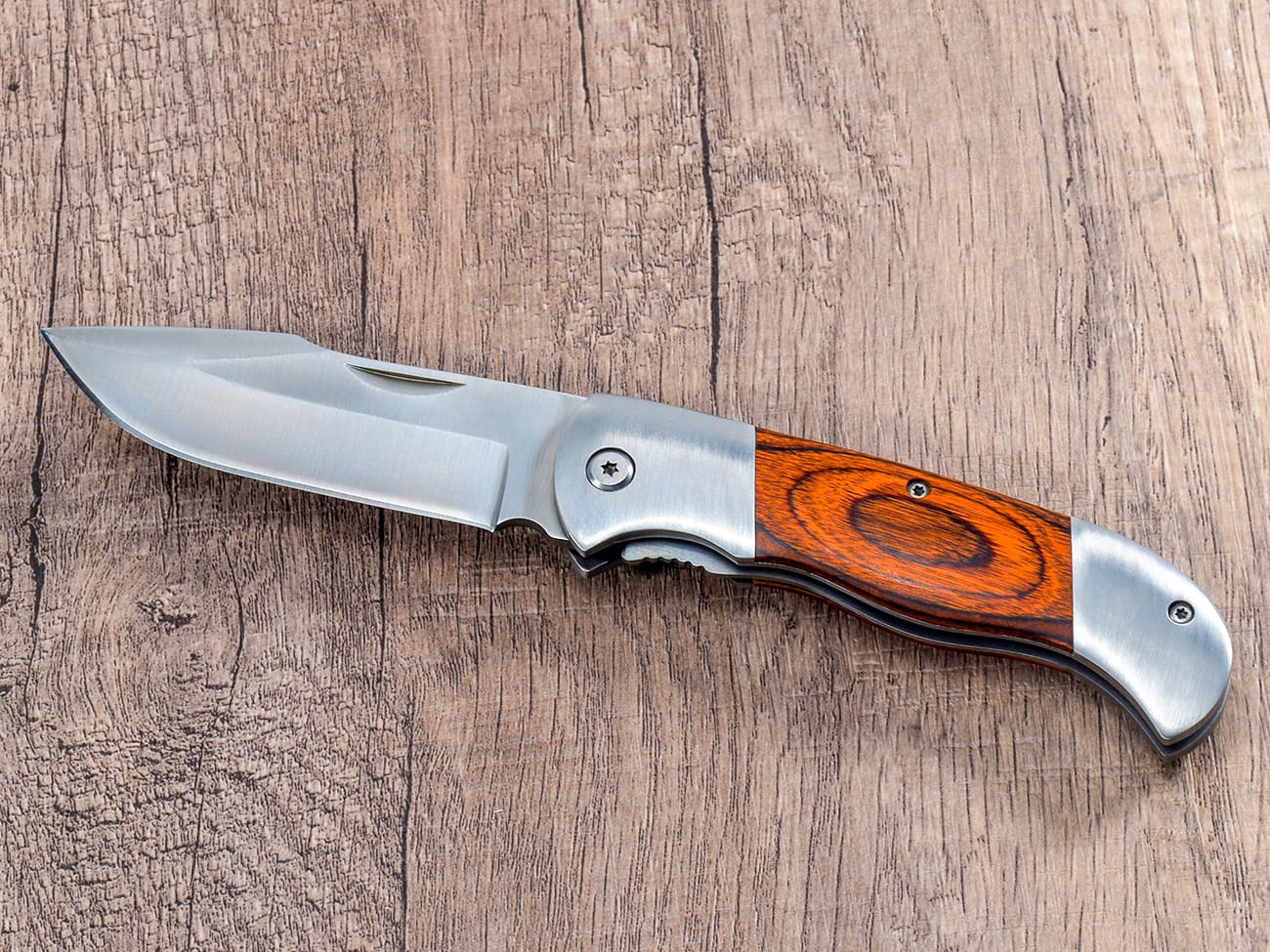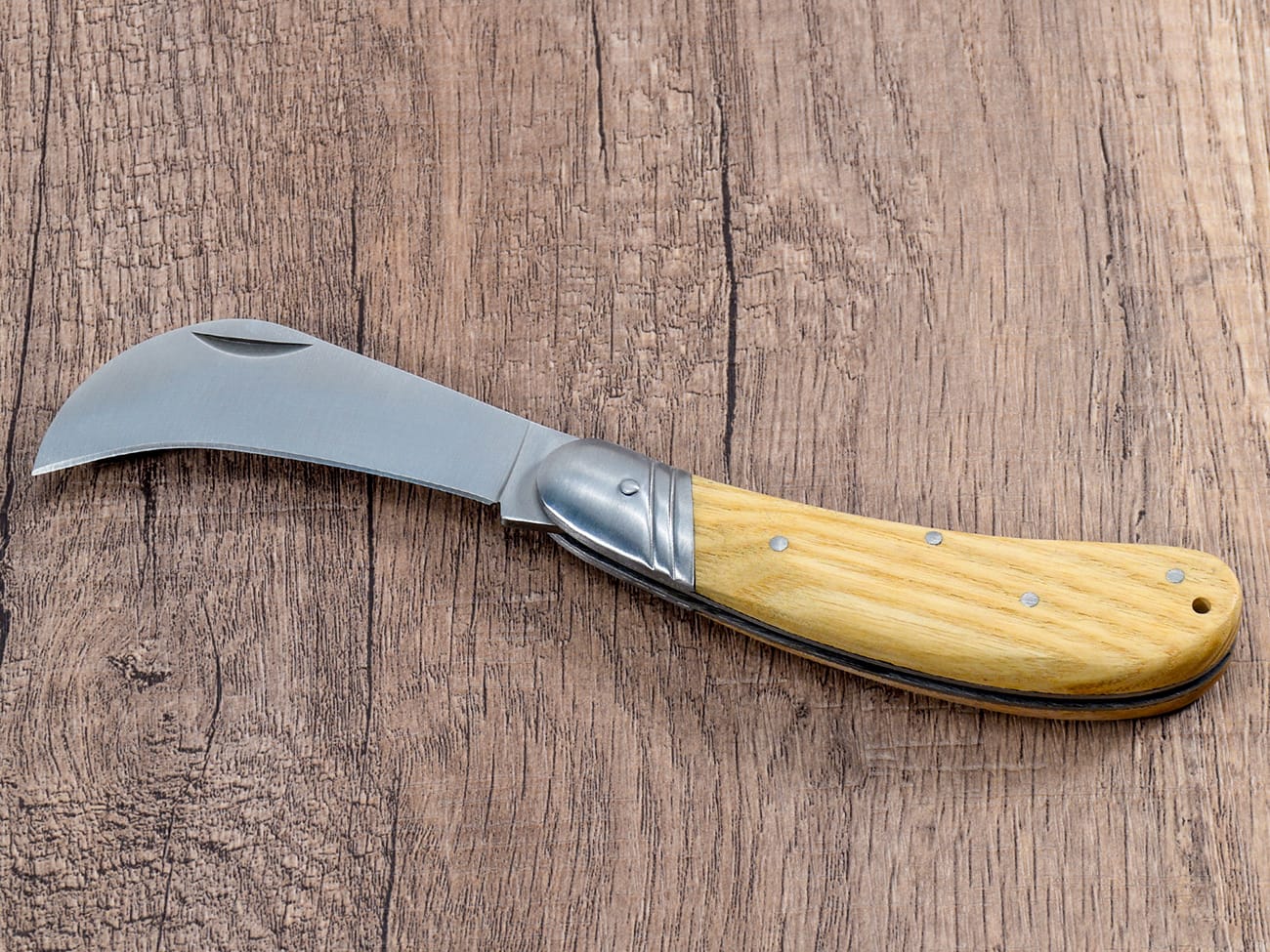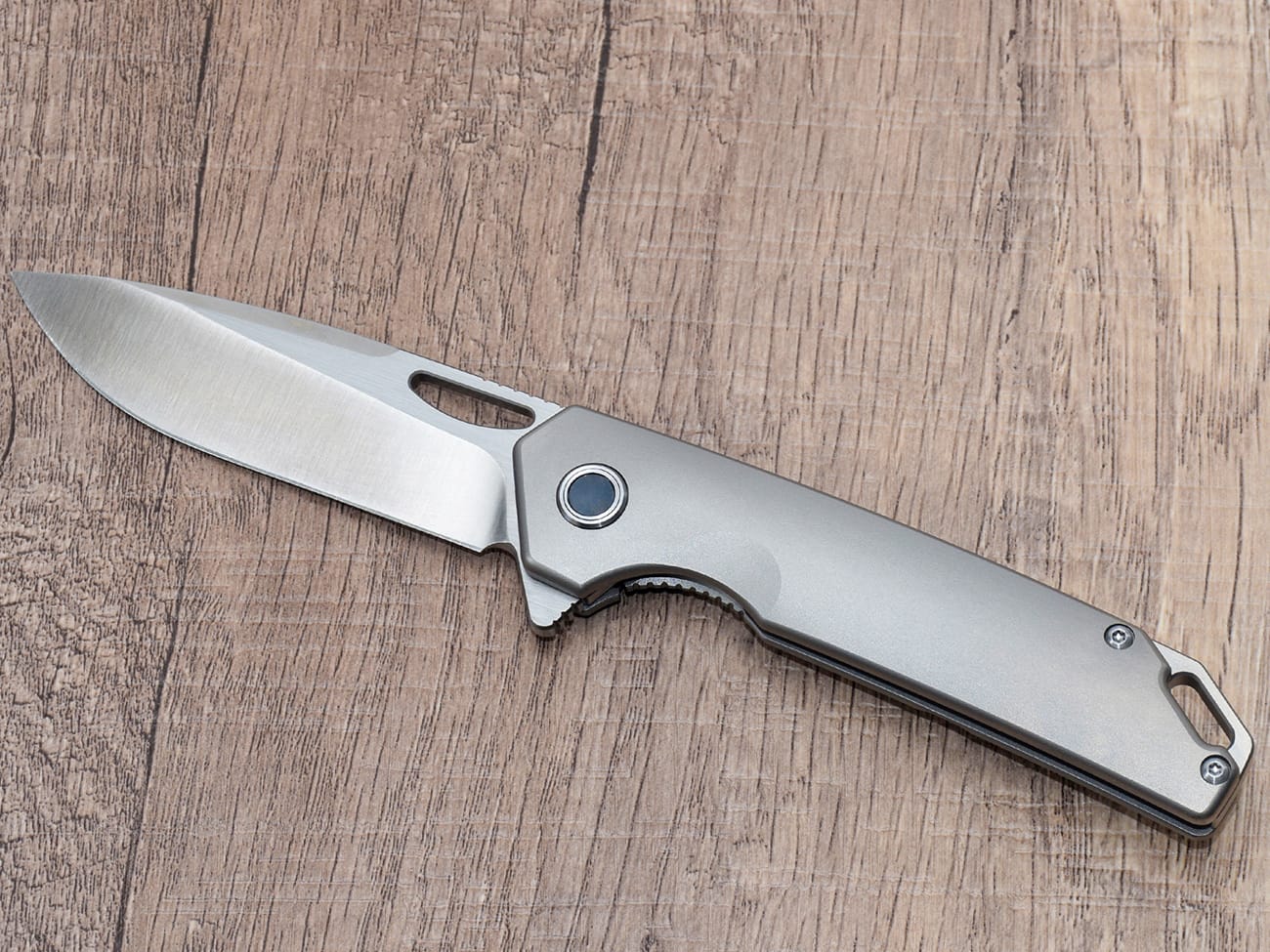Pocket knives are versatile tools that have been used for centuries for various everyday tasks. However, the question of whether a pocket knife is considered a weapon often arises, especially when it comes to legal carry and ownership. This comprehensive guide will explore the complex world of pocket knife laws, regulations, and considerations to help you understand when and how a pocket knife may be viewed as a weapon. Whether you’re a knife enthusiast, outdoor adventurer, or simply curious about the legal implications of carrying a pocket knife, this article will provide valuable insights into navigating the sometimes murky waters of knife laws.
Understanding Pocket Knives: Tools or Weapons?
Pocket knives are primarily designed as tools for everyday use, but their potential as weapons has led to various legal restrictions and considerations. Let’s explore the factors that influence whether a pocket knife is considered a weapon.
What defines a pocket knife?
A pocket knife typically refers to a folding knife with a blade that can be safely stored in the handle. These knives are designed for portability and convenience, making them popular tools for various tasks.
When is a knife considered a weapon?
The classification of a knife as a weapon often depends on factors such as blade length, design, and intended use. Some jurisdictions have specific definitions for what constitutes a weapon.
How do laws differentiate between tools and weapons?
Laws governing knives often distinguish between those designed primarily as tools and those intended as weapons. Factors such as blade length, locking mechanisms, and opening methods may be considered.
Pocket Knife Laws: Understanding the Legal Landscape
Navigating the legal aspects of pocket knife ownership and carry can be challenging due to varying regulations across jurisdictions.
What are the general knife laws in the United States?
While federal laws exist, most knife regulations are determined at the state and local levels, leading to a patchwork of rules across the country.
How do state laws differ regarding pocket knives?
State laws can vary significantly, with some states having more lenient knife laws while others impose stricter regulations on blade length, type, and carry methods.
Are there specific pocket knife rules for different locations?
Many jurisdictions have location-specific rules, such as restrictions on carrying knives in schools, government buildings, or airports.
Blade Length: A Critical Factor in Knife Classification
The length of a knife’s blade is often a key consideration in determining whether it’s viewed as a tool or a potential weapon.
What is the legal blade length for pocket knives?
Legal blade lengths can vary by jurisdiction, but many places set limits between 2.5 to 4 inches for pocket knives to be considered tools rather than weapons.
How does blade length affect the legality of carrying a knife?
Longer blades may be subject to stricter regulations or outright bans in some areas, as they’re often perceived as having greater potential for use as weapons.
Are there exceptions to blade length restrictions?
Some jurisdictions may have exceptions for certain professions or activities, allowing longer blades for specific purposes.
Types of Pocket Knives: Legal Considerations
Different types of pocket knives may be subject to varying legal restrictions based on their design and features.
What types of pocket knives are generally legal to carry?
Most jurisdictions allow the carry of basic folding knives with non-locking blades, as these are primarily viewed as tools.
Are there specific types of knives that are more likely to be considered weapons?
Certain knife designs, such as automatic knives, butterfly knives, or ballistic knives, are often more heavily regulated or outright banned in many areas.
How do locking mechanisms affect a knife’s legal status?
Some jurisdictions may have specific rules regarding locking mechanisms, as they can affect the knife’s perceived potential as a weapon.

A folding knife with a G10 handle and pocket clip, designed for everyday carry (EDC) purposes
Concealed Carry Laws and Pocket Knives
The manner in which a pocket knife is carried can impact its legal status and perception as a potential weapon.
What are the rules for concealed carry of pocket knives?
Concealed carry laws for knives can vary widely between jurisdictions, with some places requiring open carry for certain types or sizes of knives.
How does open carry differ from concealed carry for knives?
Open carry of knives is often subject to fewer restrictions, as it’s seen as less threatening and more transparent than concealed carry.
Are there specific professions allowed to carry concealed knives?
Some jurisdictions may have exemptions for certain professions, such as law enforcement, military personnel, or specific trades that require the use of knives.
Intent and Usage: How Purpose Affects Legal Status
The intended use of a pocket knife can play a significant role in determining whether it’s considered a weapon under the law.
How does the intended use of a knife affect its legal status?
Carrying a knife for legitimate purposes, such as work or outdoor activities, is generally viewed more favorably than carrying one for self-defense or potential violent use.
Can a pocket knife be considered a deadly weapon?
In certain circumstances, even a small pocket knife could be classified as a deadly weapon if used or intended to be used to cause harm.
What are the legal implications of using a pocket knife for self-defense?
Using a pocket knife for self-defense can have complex legal ramifications, as laws regarding self-defense and weapon use vary by jurisdiction.
Traveling with Pocket Knives: Rules and Regulations
Carrying a pocket knife while traveling presents additional considerations and potential legal challenges.
What are the TSA rules for carrying pocket knives?
The Transportation Security Administration (TSA) has specific guidelines for knives in carry-on and checked luggage, generally prohibiting most pocket knives in carry-on bags.
How do international knife laws affect travelers?
When traveling internationally, it’s crucial to research and comply with the knife laws of your destination country, as regulations can vary significantly.
Are there special considerations for carrying knives in vehicles?
Some jurisdictions have specific rules about transporting knives in vehicles, which may differ from general carry laws.
Knife Ownership vs. Carry: Understanding the Distinctions
It’s important to differentiate between the legality of owning a knife and the legality of carrying it in public.
Is it legal to own knives that are illegal to carry?
In many cases, it may be legal to own certain types of knives within your home, even if they’re illegal to carry in public.
What are the restrictions on knife sales and purchases?
Some jurisdictions may have restrictions on the sale or purchase of certain types of knives, particularly those considered more likely to be used as weapons.
How do age restrictions apply to knife ownership and carry?
Many places have age restrictions on the purchase, ownership, or carry of knives, particularly for minors.
Penalties and Consequences: Legal Risks of Knife Possession
Understanding the potential legal consequences of knife possession is crucial for responsible ownership and carry.
What are the typical penalties for illegal knife possession?
Penalties can range from fines to imprisonment, depending on the jurisdiction and the specific circumstances of the offense.
How do prior convictions affect knife possession charges?
Prior convictions, especially those related to weapons offenses, can lead to more severe penalties for illegal knife possession.
Are there ways to legally challenge knife possession charges?
In some cases, it may be possible to challenge knife possession charges based on factors such as lack of intent, necessity, or constitutional grounds.
Responsible Knife Ownership: Best Practices and Considerations
Adopting responsible practices can help knife owners navigate legal and ethical considerations surrounding pocket knife use and carry.
What are some best practices for carrying a pocket knife legally?
Understanding local laws, carrying knives openly when required, and using them only for legitimate purposes are key aspects of responsible knife ownership.
How can knife owners stay informed about changing laws?
Regularly checking local regulations, joining knife enthusiast groups, and consulting with legal professionals can help knife owners stay up-to-date on relevant laws.
What should you do if questioned by law enforcement about your knife?
Remaining calm, being respectful, and knowing your rights are important if you’re ever questioned about your pocket knife by law enforcement.
The Future of Pocket Knife Laws: Trends and Developments
Knife laws continue to evolve, influenced by various factors including public safety concerns, technological advancements, and changing societal attitudes.
Are knife laws becoming more or less restrictive?
The trend in knife laws varies by jurisdiction, with some places relaxing restrictions while others are tightening regulations.
How are new knife designs affecting legislation?
Innovative knife designs and materials may prompt lawmakers to revisit and update existing knife laws to address new potential concerns.
What role do knife rights organizations play in shaping laws?
Advocacy groups focused on knife rights work to influence legislation and public opinion regarding knife ownership and carry.In conclusion, the question of whether a pocket knife is considered a weapon is complex and depends on various factors including local laws, knife design, intended use, and manner of carry. While pocket knives are primarily designed as tools, their potential use as weapons has led to a wide range of regulations across different jurisdictions. As a responsible knife owner, it’s crucial to:
- Understand and comply with local knife laws
- Choose appropriate knives for your needs and local regulations
- Carry and use knives responsibly and for legitimate purposes
- Stay informed about changes in knife laws and regulations
- Seek legal advice if you have specific questions about knife ownership or carry in your area
By following these guidelines and staying informed, you can enjoy the benefits of owning and using pocket knives while minimizing legal risks and promoting responsible knife ownership.




